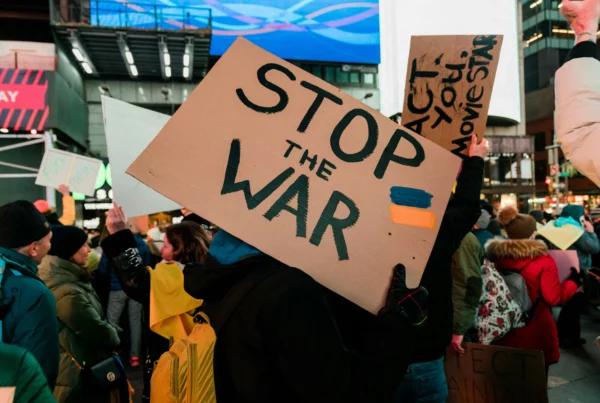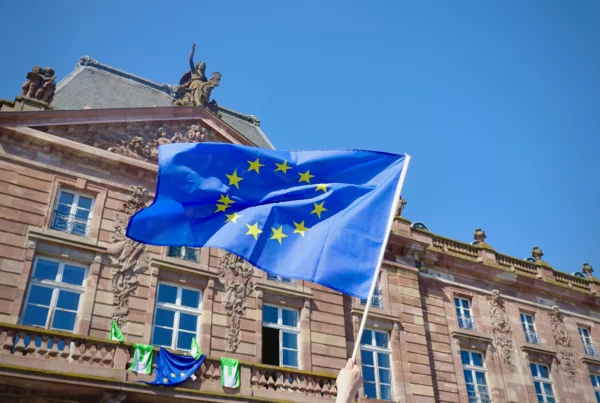CEMR contributions to the European Commission consultation on the EU budget
From 12 February to 6 May, the European Commission opened a public consultation to collect feedback on its roadmap towards the next Multiannual Financial Framework. The Council of European Municipalities and Regions (CEMR) shared the following key messages for a reformed EU budget in partnership with Local and Regional Governments (LRG).
1 – From the ground up: multi-level governance at the core
A rebalanced governance model—one that embeds LRGs in the planning, not just the implementation, of EU investment priorities. The next MFF must strengthen multi-level governance processes at both the EU and national levels to ensure that EU funding addresses the real and diverse needs of European municipalities and regions.
2 – Smarter funding: simpler, more flexible, more accessible
CEMR calls for a simplified and harmonised approach when it comes to access to fundings with reduced bureaucratic burdens, a unified rulebook across funds, and streamlined audit systems. Strict thematic concentration and fragmented administrative processes have made EU funds difficult to access and adapt at local level. Flexibility from the programming stage will allow further predictability, essential for beneficiaries’ uptake of the funds.
3 – Cohesion and competitiveness, hand in hand
CEMR underlines that cohesion and competitiveness are not contradictory goals. A fair and inclusive EU budget must tackle regional disparities while strengthening the single market. High-quality local public services are essential for a competitive Europe and must be properly supported by the MFF.
Therefore, the next budget must:
- Strengthen LRGs’ capacities, boost small and medium enterprises (SMEs) competitiveness, and expand access to essential digital and green services.
- Recognise LRGs as strategic actors in shaping local economic development and regional attractiveness for start-ups and businesses.
- Strengthen the public workforce: labour shortages are holding back LRGs’ ability to deliver innovation and services—this must be urgently addressed.
4 – Local action, global impact
Empowering LRGs through a decentralised management of EU funds will not only align investments with local priorities but also unlock greater impact, from social cohesion to digital transformation. Supporting local supply chains, the circular economy, and skills development across all regions will be critical in achieving Europe’s digital and green transitions. The next MFF must contribute to the achievements of SDGs, both in Europe and through international cooperation. The EU’s budget has a key role in closing the gender gap, enhancing democracy and transparency and inclusive societies. At the international level, LRGs and their associations are untapped assets for the EU’s external action agenda. Their role must be elevated in initiatives like the Global Gateway and Team Europe, including as key actors in fragile contexts, decentralisation reforms, and infrastructure sustainability.
Find here CEMR contributions to the open public consultations:
- PLATFORMA political Declaration and position paper were also used as the basis for the contribution

Advisor – Territorial Cohesion & Local Finances






